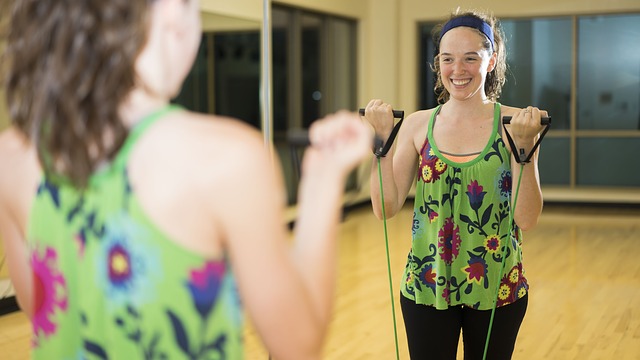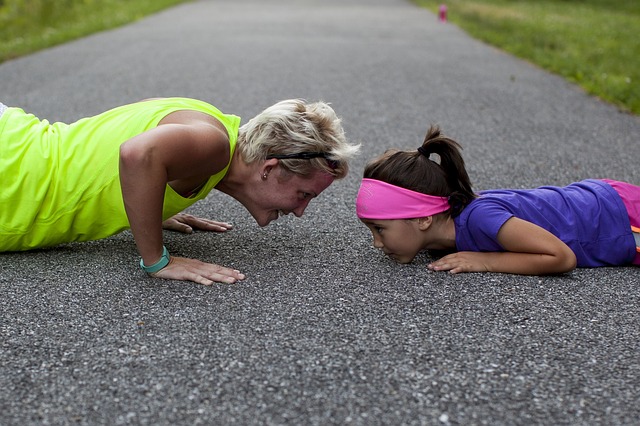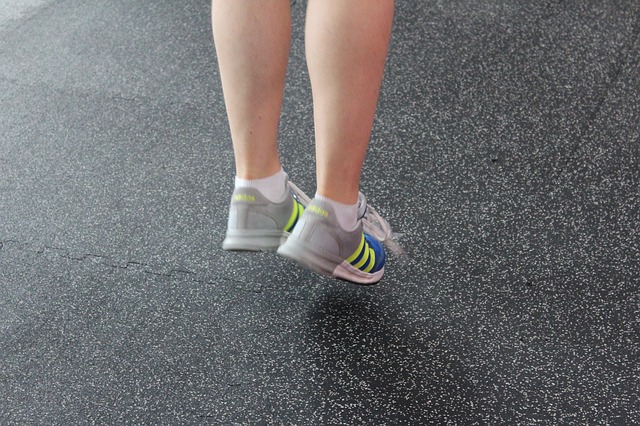March 2007 - A new study in the April issue of the Annals of Behavioral Medicine has found if given a choice of exercising alone, with people younger or older or with people their same age, most adults would rather exercise with others in their own age group.
"The study's findings provide useful insight into the preferences of older exercisers, which in turn have important implications for exercise promotion initiatives [in communities around the world]," said lead researcher Mark Beauchamp, Ph.D., an assistant professor in the School of Human Kinetics at the University of British Columbia in Canada.
Beauchamp and colleagues studied 947 adults between the ages of 30 and 91 living in northern England. The participants were first grouped according to their age bracket (30s, 40s, 50s and so on) and asked about their level of activity. They were considered "regularly active" if they exercised for at least 20 minutes, three times a week, and "underactive" if they did not.
They then were asked to rate whether they prefer to exercise alone, with groups of people in different age brackets, or with those in their same age bracket.
The authors say that previous research has suggested older adults prefer to exercise alone rather than in groups. But by taking into account the characteristics of different exercise groups, Beauchamp and colleagues found that although older adults may report a lack of appeal for exercising with those much younger than themselves, they actually exhibit a positive preference for exercising with those of their own age. Furthermore, participants did not report a greater preference for exercising alone.
Continue Reading Below ↓↓↓
Because of this, Beauchamp says it's vital that government officials take steps to better "promote opportunities that will encourage healthy and physically active lifestyles" by increasing the availability of group exercise opportunities across the life span.
While his experience shows there is no single type of activity program that will work for all adults, Wojtek Chodzko-Zajko, Ph.D., head of the department of kinesiology and community health at the University of Illinois at Urbana-Champaign, agreed the study confirms group exercise options can be "highly motivating."
He added that to fully maximize physical activity, there needs to be "a diverse menu of activity options."
"These opportunities should include both traditional exercise programs as well as building more activity into everyday life through walking, biking and dancing," Chodzko-Zajko said.
Beauchamp MR, et al. Older adults' preferences for exercising alone versus in groups: considering contextual congruence. Ann Behav Med 33(2), 2007.
Source: Health Behavior News Service, Newswise











